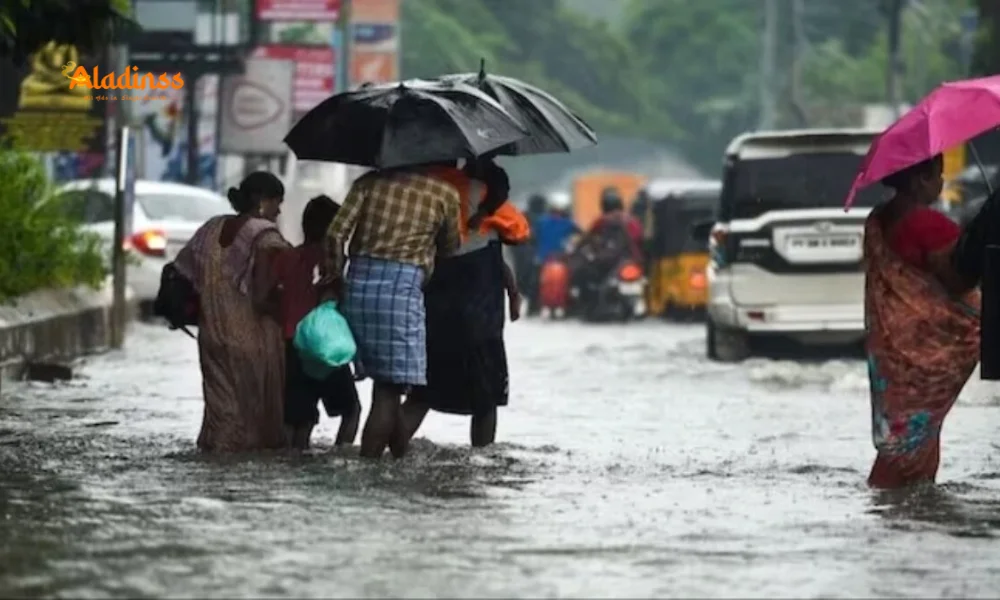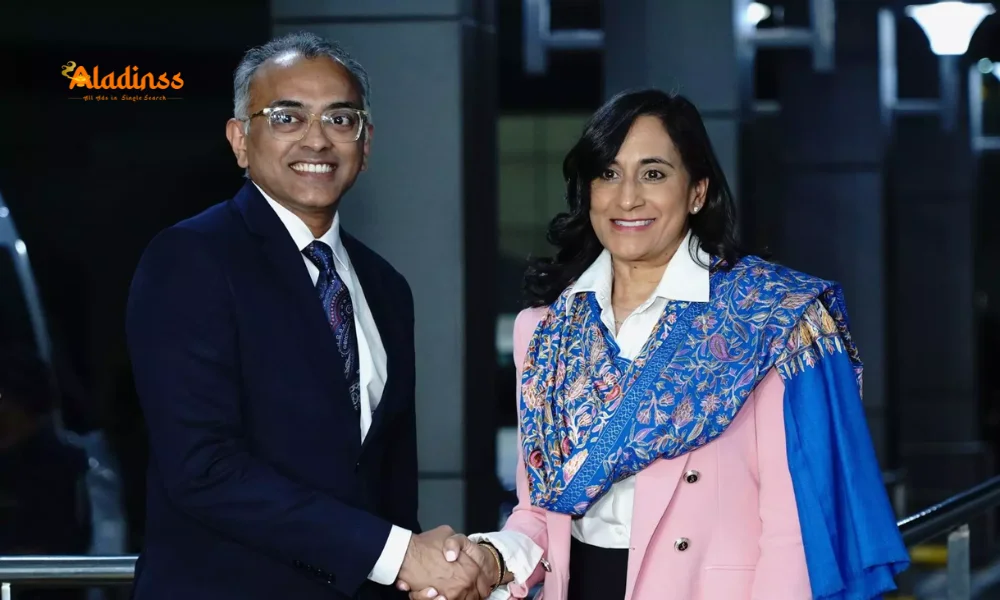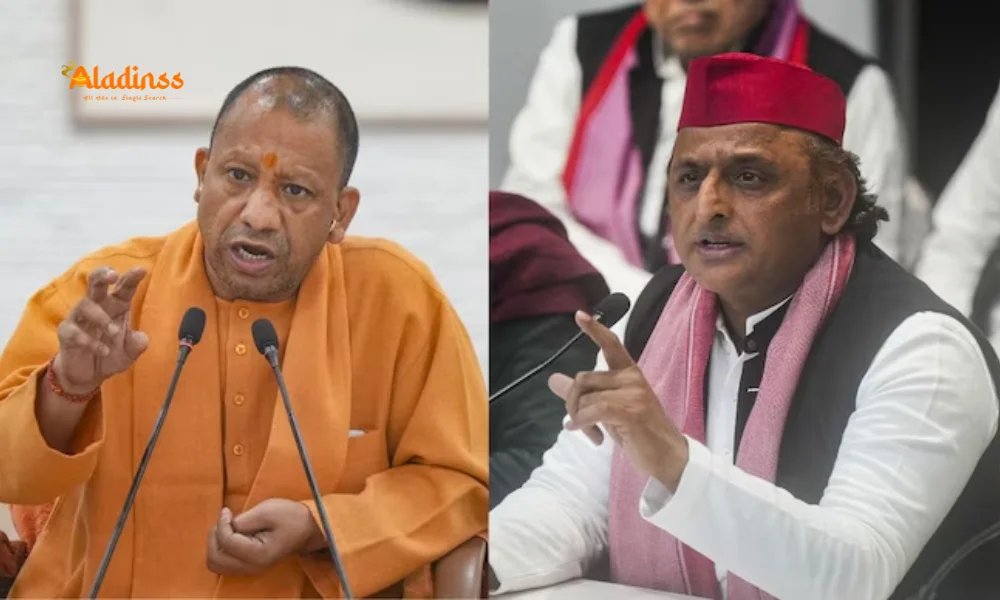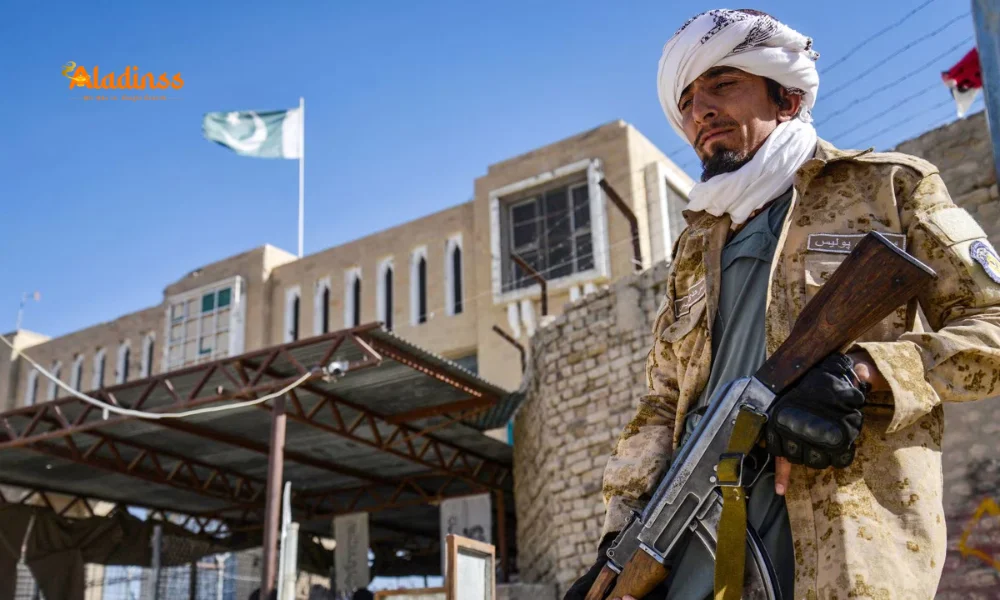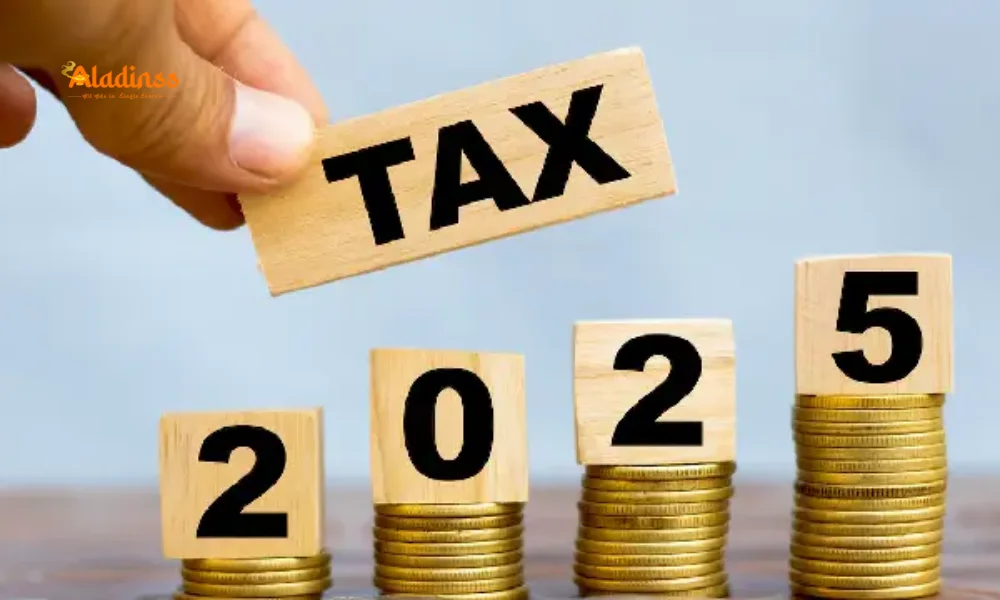SC Verdict on Karur Stampede Probe Today
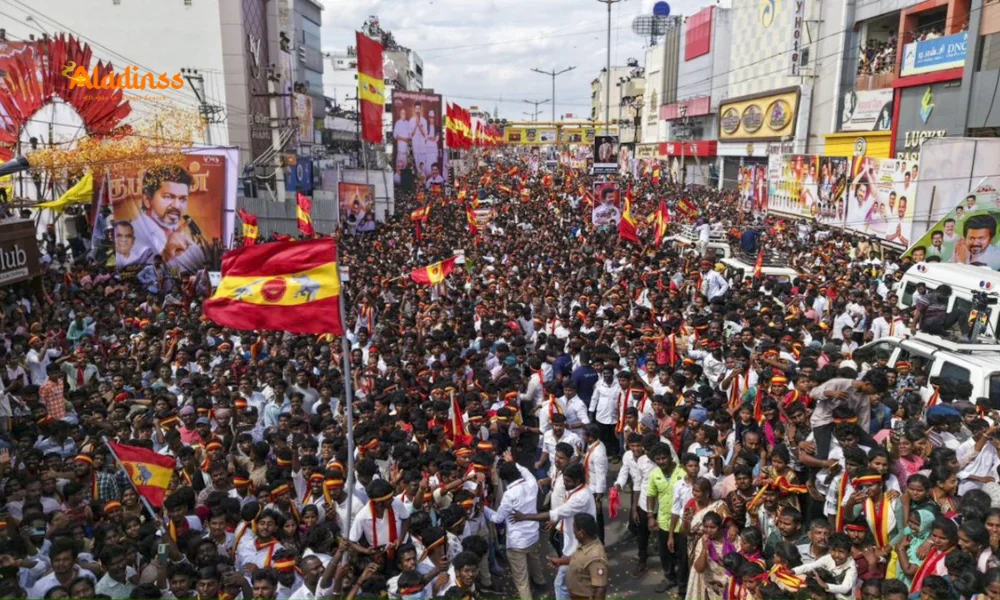
Supreme Court Verdict Today on Karur Stampede Probe: SIT vs CBI in Vijay Rally Tragedy
The Supreme Court of India is set to pronounce its judgment on October 13, 2025, regarding the Karur stampede investigation, addressing pleas for a thorough probe into the deadly incident at actor-turned-politician Vijay's campaign event. The Karur stampede Supreme Court verdict could determine whether a Special Investigation Team (SIT) led by senior IPS officer Asra Garg continues or if the Central Bureau of Investigation (CBI) takes over, amid allegations of police lapses and political interference. On September 27, 41 lives were lost in the chaotic crowd surge during Vijay's Tamizhaga Vettri Kazhagam (TVK) rally in Karur, Tamil Nadu, sparking widespread outrage and legal battles.
The tragedy unfolded as thousands gathered for Vijay's address, only for mismanagement to trigger a fatal crush. Madras High Court Justice Senthilkumar Ramamoorthy's inquiry prompted the SIT's formation, but TVK challenged this in the apex court, while victims' families and BJP representatives pushed for CBI involvement. A bench comprising Justices J.K. Maheshwari and N.V. Anjaria heard arguments last Friday, scrutinizing the High Court's suo motu actions and procedural irregularities.
TVK lawyers highlighted perceived bias against Vijay, who wasn't named in the original crowd control petition, and claimed police barred party leaders from aiding victims post-incident. They advocated for a retired Supreme Court judge-led panel over the SIT. The bench queried the High Court's case registration and parallel hearings in Chennai and Madurai benches, alongside pending guidelines for political rallies.
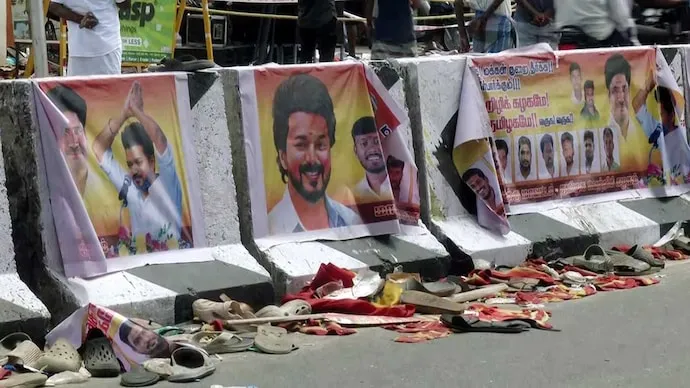
Background of the Karur Stampede: Chaos at Vijay's TVK Rally
The Karur rally, a cornerstone of Vijay's burgeoning political foray with TVK, drew massive crowds eager for the star's vision on Tamil Nadu's future. Scheduled for noon, Vijay's delayed arrival until 7 PM exacerbated fatigue among attendees deprived of water and food, leading to fainting spells and panic. Eyewitnesses described a bottleneck at entry points, worsened by alleged rowdy intrusions and police baton charges, culminating in the stampede that claimed mostly women and children.
Post-incident, autopsies-conducted nocturnally with permissions-revealed asphyxiation and crush injuries as primary causes. Tamil Nadu government counsel Abhishek Singhvi defended the SIT, arguing its competence under Asra Garg obviates CBI needs. However, petitioners countered with suspicions over nighttime post-mortems and lack of evidence against ruling party involvement, fueling demands for impartial federal scrutiny.
The Vijay rally stampede not only exposed rally management flaws but also ignited debates on political event safety amid India's vibrant democracy. Similar incidents, like the 2022 Hathras tragedy, underscore recurring lapses in crowd control, prompting calls for nationwide protocols.
Also Read: Trump: US to Help China Amid Tariff Threats
Key Arguments in Supreme Court Hearing on Karur Probe
During the hearing, TVK's counsel stressed the High Court's overreach in critiquing Vijay absent as a party, and police's post-stampede eviction of the leader. Victim Panneerselvam's plea for CBI echoed families' distrust in state machinery, citing delayed responses and restricted access to injured kin.
Government advocate Wilson rebutted, attributing the delay to Vijay's tardiness, which left crowds vulnerable to dehydration and exhaustion. He dismissed rowdy or DMK infiltration claims for lack of proof, urging layered complaints cease. The bench permitted a detailed affidavit, balancing procedural fairness with urgency.
- TVK seeks retired judge panel for neutrality.
- Victims allege police baton use sparked panic.
- Govt defends SIT's expertise in similar probes.
- Bench flags High Court's parallel case handling.
The discourse revealed tensions between state autonomy and central oversight, with implications for future high-profile events. Justices Maheshwari and Anjaria's probing questions signal a verdict prioritizing transparency.
Political Ramifications: Vijay's TVK Amid Scrutiny and BJP's Role
Vijay's TVK, launched in 2024 as a fresh alternative to Dravidian majors, faces its first major crisis with the Karur tragedy. The stampede has dented the party's image, with critics questioning rally logistics despite Vijay's mass appeal from films like Master. TVK's apex court push aims to deflect blame onto administration failures, preserving leader's untarnished aura.
BJP's intervention via counsel underscores opportunistic alliances, leveraging the incident to assail DMK governance ahead of 2026 polls. Tamil Nadu BJP chief Annamalai's victim support rallies amplify calls for accountability, positioning the party as justice advocates.
DMK counters by highlighting Vijay's delay and crowd overestimation, with CM Stalin ordering internal reviews. The verdict could sway public sentiment, either vindicating TVK or exposing systemic issues in opposition events.
Broader Implications for Rally Safety and Judicial Interventions
The Karur case spotlights India's rally safety lacunae, where enthusiasm outpaces planning. ECI guidelines exist, but enforcement varies, often politicized. A CBI nod might set precedents for high-stakes probes, easing distrust in state-led SITs for sensitive matters.
High Court's suo motu role, while proactive, drew apex court ire over procedural bounds, reinforcing federalism checks. Pending rally norms petition could integrate Karur lessons, mandating tech like AI crowd monitoring.
- Potential ECI reforms: Capacity audits for venues.
- CBI probes: Reserved for inter-state or corruption angles.
- Victim compensation: Tamil Nadu pledged Rs 5 lakh each.
- TVK's response: Pledged enhanced safety protocols.
As verdict day dawns, stakeholders await clarity, hoping it honors the 41 lost and fortifies democratic safeguards.
Anticipating the Verdict: Possible Outcomes and Next Steps
Speculation swirls: Upholding SIT maintains state control, while CBI transfer signals deeper distrust. A hybrid-SIT with CBI oversight-might emerge as compromise. Post-verdict, appeals loom if dissatisfied, prolonging agony for families seeking closure.
Nationally, it could catalyze rally reforms, blending tradition with modernity for safer spectacles. Vijay's TVK, resilient, eyes redemption through policy advocacy.
The Karur stampede Supreme Court verdict transcends one tragedy, embodying justice's quest in polarized politics. Tune in for live updates as history unfolds.
(Comprehensive overview based on court proceedings and stakeholder inputs, tracking Karur stampede developments.)
Comment / Reply From
No comments yet. Be the first to comment!
